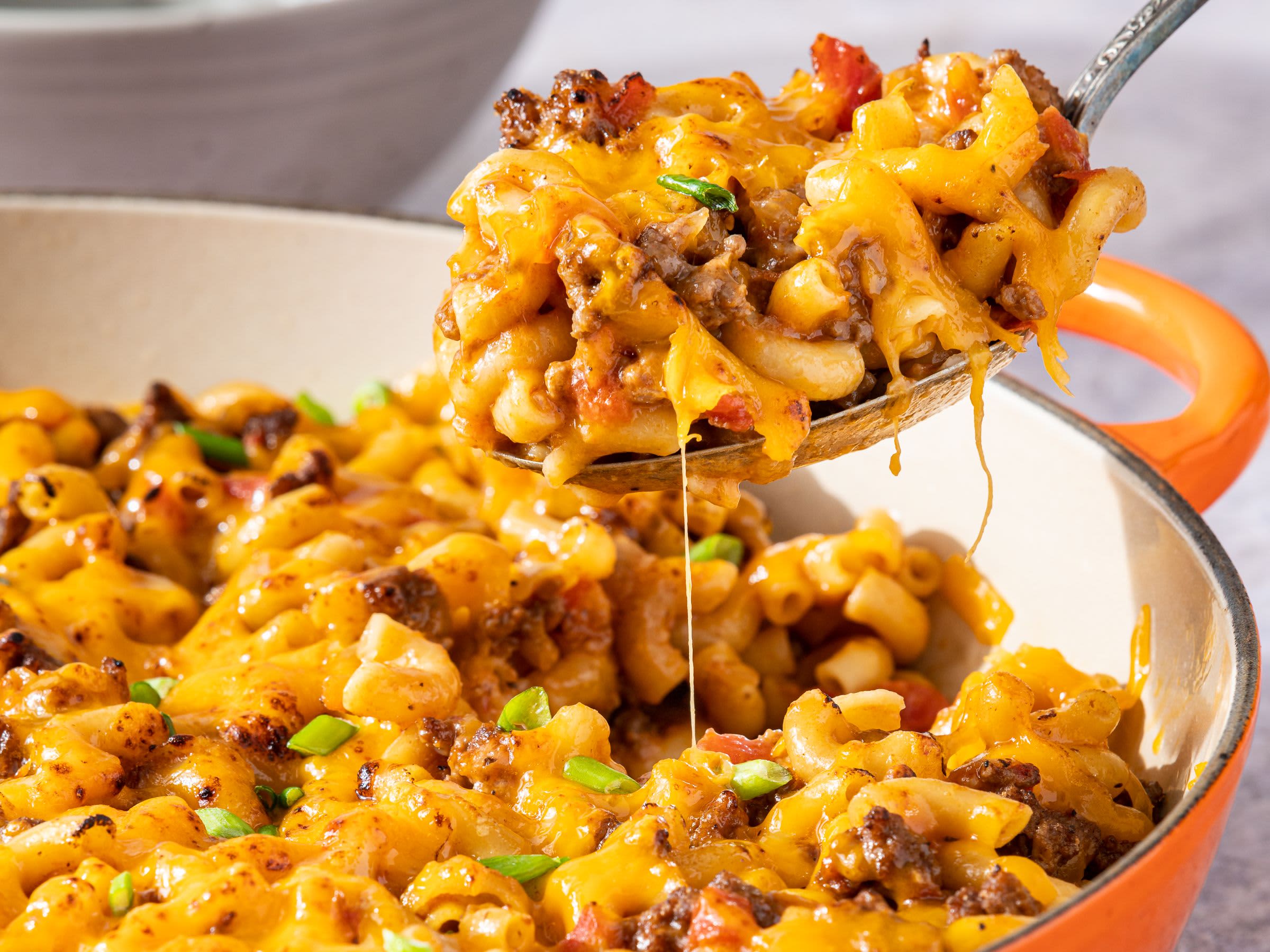A phone call with chef Alice Waters — founder of Berkeley’s Chez Panisse cafe and just one of the nation’s foremost food activists and educators — is, obviously, a feast. Waters touches lightly on her most up-to-date e-book, “We Are What We Take in,” concentrating initial on other latest jobs this kind of as the UC International Food stuff Initiative, setting up the Institute for Edible Instruction at UC Davis, and Lulu, the organic restaurant opened at the Hammer Museum at UCLA.
She starts off with the topic of meals. Her ebook designs nine must-have values of sharing food stuff: seasonality, stewardship, group, variety, nourishment, elegance, generosity, enjoy and equity. The first chapters deal with 7 attributes of fast food stuff lifestyle: convenience, uniformity, availability, believe in in advertising, cheapness, much more is far better and pace. Then, she introduces the superlatives of sluggish meals lifestyle that increase biodiversity to the nine food items values. Throughout, Waters brings together research and scientific scientific tests with own tales about her childhood, the early times of Chez Panisse and her relentless pursuit to discover new methods of wondering, presenting and sharing meals.
“I’m in LA, wanting to see what is in the farmer’s current market, what is escalating proper now,” says H2o as she describes the meal she is preparing for later on the exact same working day. “Cari and Early Lady tomatoes due to the fact other, more substantial tomatoes aren’t ripe but. I love a multicolored tomato carpaccio salad with vinaigrette, a lot of mint, purple basil. It’s the garlic harvest so I’ll definitely poach fresh fish of the day, like a sea bass, now that the local salmon is gone. I’ll serve it with aioli on leading and croutons on the facet and I’ll set saffron in a broth and make a huge bowl of soup to share all-around the table. All I can assume about for dessert are apricots, uncooked, or baked in a galette that has that sweet-bitter style.”
“We Are What We Eat” has Waters, together with co-writers Bob Carrau and Cristina Mueller, issuing a science-backed slow meals manifesto that protests the degradations of today’s rapidly foods: hunger, sickness, malnutrition, abuse of employees, environmental and real foodstuff waste and derides the evils of usefulness, uniformity, availability, false promotion, cheapness, quantity and speed.
Waters states producing about food in phrases of human values is intensely hard. “The three of us worked at each 1 of individuals values. We had been genuinely hoping to get the proper language to not audio trite about human values is very challenging.”
The book’s messages are, like many built by Waters, basic origami-like thoughts whose folds expose complexity, forethought, construction, kindness. In the guide, phrases these kinds of as “you just cannot bogus ripeness,” as an argument for seasonal foods, or “terms get hijacked,” in reference to exploitation by advertisers of “local, “fair trade” and “organic,” rapidly summarize how speedy food items is pernicious and inherently harms all types of organic existence.
Even so, Waters is fiercely optimistic. At the Edible Schoolyard Task at Berkeley’s Martin Luther King Center School, she has watched learners who in 6th grade were “picky, hesitant” eaters develop into in two yrs “young environmentalists eager to eat something they can develop and cook.” The job has expanded from 1 school to a network of 6,500 schools around the globe.
Questioned if the pandemic will make improvements to problems and appreciation for the people today who grow our foods and how it’s shipped — or intensify focus to natural source preservation and workplace fairness, Waters suggests the major agriculture industrial foodstuff system has been regularly uncovered.
“People have been stunned by truths exposed and tough details related to the killing of animals, food items squander, poisoning of land, seashores and drinking water, pesticide use, distribution and carbon footprints,” she suggests.
However Waters is worried that folks progressively believe the healthcare process is aware of superior than Mom Nature. “We require to take care of her and allow for her to flourish,” she suggests. “We need to have to consume seasonally. Discover from Indigenous people today and traditions. … We require to make edible instruction component of just about every school curriculum.”
Which is why the UC venture is crucial. The edible training formulation is multipronged: connect to men and women building food stuff on the land, spend actual prices for the foods presented, make it possible for no middlemen, remain regional, minimize carbon footprints, fund college applications adequately, devise menus that use every single morsel and strive for zero squander, build networks so the U.S. college food procedure does not invest billions of taxpayer dollars acquiring speedy food stuff or meals primarily from outside the house area locations.
Waters relishes in feeding individuals ideas: “I always say bring a bowl of something irresistible to the desk for the reason that I don’t want to have conversations only in school rooms. Accumulating and acquiring a thing tasty touches people today in a unique way.”
The contact ends, fittingly, with a butterfly. Waters is getting a image with her mobile phone, a sight that causes her to point out the victory garden she planted in the front garden of her residence the moment the pandemic started off. “I was nervous about working out of lettuce. People today left me notes on the trellis to say they were being carrying out the same factor. Who is familiar with in which that will go? Neighbors placing foods on every other’s porches? It is a indicator of group. I truly feel this is our second in time.”



